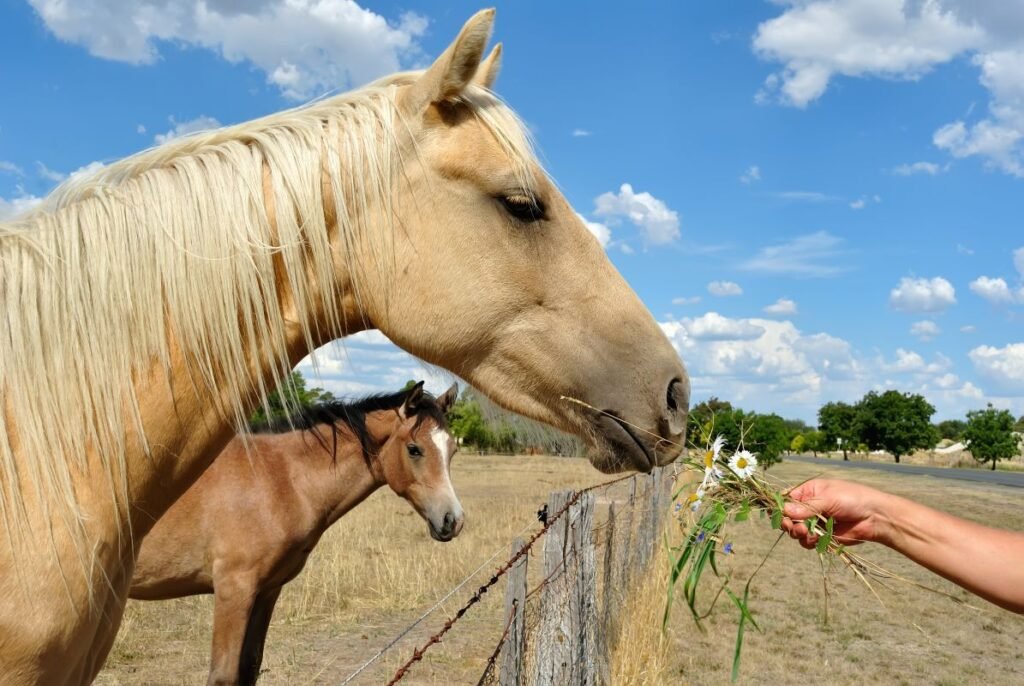
The thunder of hooves, the roar of the crowd, and the sheer, unadulterated thrill of watching an athlete at the peak of its power, horse racing can captivate millions. Most experience is confined to the grandstand or the television screen. For a select few, however, the passion for the sport evolves into a more intimate and potentially rewarding role: that of a racehorse owner. This journey from spectator to stakeholder can represent a unique convergence of emotional investment and financial opportunity, a path where the heart’s passion can be strategically aligned with the head’s pursuit of profit.
Here’s how to turn passion into profit by owning a race horse.
Understanding the Investment Landscape
Entering the world of racehorse ownership requires a clear-eyed view of the financial commitments. The initial purchase price of a horse is merely the beginning. Prospective owners should conduct thorough due diligence, often beginning their search with reputable sources that list thoroughbred horses.
Furthermore, ongoing expenses, often referred to as “training fees,” cover daily care, stabling, feed, and the expertise of a trainer. These fees are a constant, regardless of the horse’s performance on the track. Additional costs include veterinary care, farrier services, insurance premiums, and transport. A single major veterinary procedure can eclipse the cost of a year’s training.
Therefore, a robust financial plan that accounts for both the predictable expenses and the potential for unforeseen costs is absolutely critical for any serious ownership venture.
The Power of Syndication: Diluting Risk, Amplifying Access
The substantial financial barrier to individual ownership has given rise to the popularity of syndicates. In a syndicate, a group of individuals pool their resources to purchase a horse, sharing the costs and potential rewards. This model can dramatically lower the entry point, making ownership accessible to a wider audience.
Beyond financial accessibility, syndication can spread the inherent risk across multiple parties. A single underperforming horse is less devastating when its cost is divided among twenty or thirty people. Lastly, syndicates can offer a built-in community, allowing newcomers to learn from more experienced members and share in the collective excitement. For many, a syndicate’s social aspect and shared passion can enhance the ownership experience as much as any financial return.
Strategic Acquisition: The Cornerstone of Profitability
The most significant factor influencing a racehorse’s profitability is its initial acquisition. A well-bred, physically sound yearling with a strong pedigree is likelier to possess the genetic potential for success. Studying bloodlines, evaluating conformation, and understanding the nuances of sales auctions are specialized skills.
Many successful owners rely on the expertise of bloodstock agents who can identify value and potential that the untrained eye might miss. The goal is not always to buy the most expensive horse, but to find the horse that offers the best value—an individual with the physical attributes and pedigree to outperform its purchase price. This strategic approach to acquisition is what separates sentimental purchases from sound investments.
Revenue Streams: Beyond the Winner’s Purse
While the prize money from winning races is the most visible revenue, it’s not the only one. A successful racehorse can generate profit through several channels. Breeding rights can become immensely valuable for a stallion or mare that has proven itself on the track. A single season of stud services can yield returns dwarf lifetime racing earnings.
Some owners also engage in pinhooking, which involves purchasing a young horse, often a yearling, with the intention of reselling it later, typically after it has been broken in or has shown promise in early training. This practice resembles real estate flipping and requires a keen eye for potential and market trends. Moreover, a horse with a notable pedigree or racing record can gain value simply through appreciation, making it a tangible asset that can be sold for a capital gain.
The Incalculable Return of Experience
It’s crucial to acknowledge that the profit in racehorse ownership isn’t solely measured in financial terms. The intangible rewards often hold equal, if not greater, value. The experience of walking the barns at dawn, the nervous anticipation before a big race, and the unparalleled joy of a victory are emotional dividends that cannot be quantified. The camaraderie among owners, the relationships built with trainers and stable staff, and the deep connection to the history and tradition of the sport can contribute to a rich and fulfilling experience. For many, these non-financial returns are the primary motivation for entering and remaining in the sport.
Final Thoughts
Turning a passion for horse racing into a profitable venture is a challenging yet attainable goal. It demands a disciplined approach that balances enthusiasm with pragmatism. Success depends on a comprehensive understanding of the financial landscape, a strategic approach to horse acquisition, and a willingness to leverage models like syndication to manage risk. By keeping the information mentioned above in mind, many owners can have a rare opportunity to merge a deep-seated passion with the potential for tangible reward.